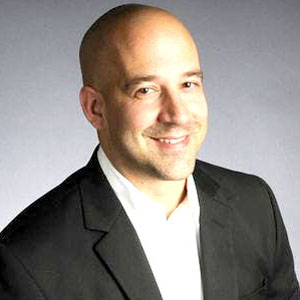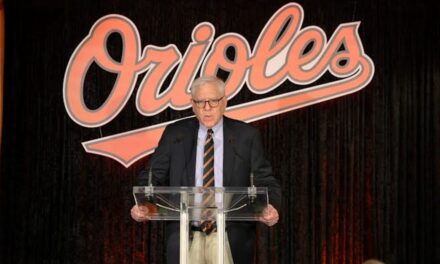By JOSH MOON

For the past month or more, there has been an unusually high volume of talk about the Alabama education trust fund.
That’s pretty weird.
Such talk typically doesn’t happen until a few weeks before we have to cut teacher pay or implement mass layoffs or hiring freezes or tell parents to bring a bunch more paper towels and toilet paper. So, the fact that we’re sitting around talking about the “possible” shortfalls that could be on the horizon is a refreshing change.
Of course, we’re only talking about it in the context of allowing our lawmakers to roll back a tax break for working folks so they can carry forward with a tax break for rich people, so it’s not all sunshine and rainbows. But still, it cracks the door open on a serious funding issue that’s certain to come.
And it allows me to talk about the only real solution:
Gambling.
As we’re sitting around talking about an overtime tax exemption that’s costing the state $300 million or so (it’s not actually “costing” us anything, by the way), and a school voucher program that’s going to cost the state a half-billion annually and more tax breaks that pull from the ETF, I’d like to remind you that there’s a deal on the table that would raise about a billion dollars per year and would cover all of that. And then some.
That’s what the comprehensive gambling bill introduced last legislative session – and certainly on the table for the 2025 session – would have generated. All for simply properly taxing and regulating gambling.
That bill would have granted seven casino licenses for facilities around the state and also allowed the governor to negotiate a compact with the Poarch Band of Creek Indians to operate three full casinos. It would have allowed sports wagering and created a statewide lottery.
It was estimated to bring in somewhere between $750 million and $1 billion annually.
No incentives. No tax breaks. No giveaways.
In addition, a new gambling commission would properly regulate gaming, and it would shutter many of the more than 500 illegal casinos operating around Alabama currently. Casinos that are being used to launder money for criminal enterprises, and prop up other illegal activities, such as prostitution and illegal drug trafficking.
It also was going to create somewhere between 12,000 and 15,000 permanent jobs. And an untold number of temporary construction jobs.
It would have been the most significant jobs bill in the state’s history. Adding billions of dollars to state coffers through employment taxes and income taxes and sales taxes.
All of which would more than cover the projected shortfalls of the ETF.
This is not some pie-in-the-sky, wishful thinking, hocus pocus junk either. The jobs numbers and revenue estimates are supported by comparisons to surrounding states and jobs figures for similarly sized casinos in other states. And currently operating casinos in this state.
For goodness sakes, just the other day, after their purchase of the Birmingham Race Course, Poarch Creek officials said they would consider investing more than a half-billion dollars into creating a resort destination in Birmingham should the state pass legislation allowing full casino gaming.
These are the same Poarch Creeks who just spent more than a half-billion dollars to open a casino just south of Chicago.
Such a project would generate billions in local economic impact, creating thousands of construction jobs and resulting in the purchase of millions of dollars of materials mostly from Alabama suppliers. All of that impact contained within the state.
And that’s just one location.
The Poarch Creeks were set to build another casino in northeast Alabama under that 2024 legislation. And the McGregor family was going to expand their casino at VictoryLand in Shorter. A facility around Dothan was going to be expanded. As were facilities in Mobile and Greene County.
And we know from looking at current employment figures at PCI’s three electronic bingo casinos that the jobs projections are very realistic. At just those three casinos, and operating only electronic bingo machines, the tribe employs more than 2,000 people in just its gaming operations jobs.
At its new Chicago location, PCI was looking to employ almost that number in a casino that is similar in size to its location in Atmore.
Yet, we treat this all as if it’s somehow not real money. As though the resulting impact of simply properly taxing and regulating gambling that mostly already exists here can’t be incredibly beneficial and impactful.
It’s mind boggling. Our lawmakers are wandering about bemoaning a looming financial crisis and threatening to pull a paltry 5-percent tax break on overtime pay out of the hands of working folks.
And all along, a better, more consistent answer is flashing like a casino light right in front of them.











